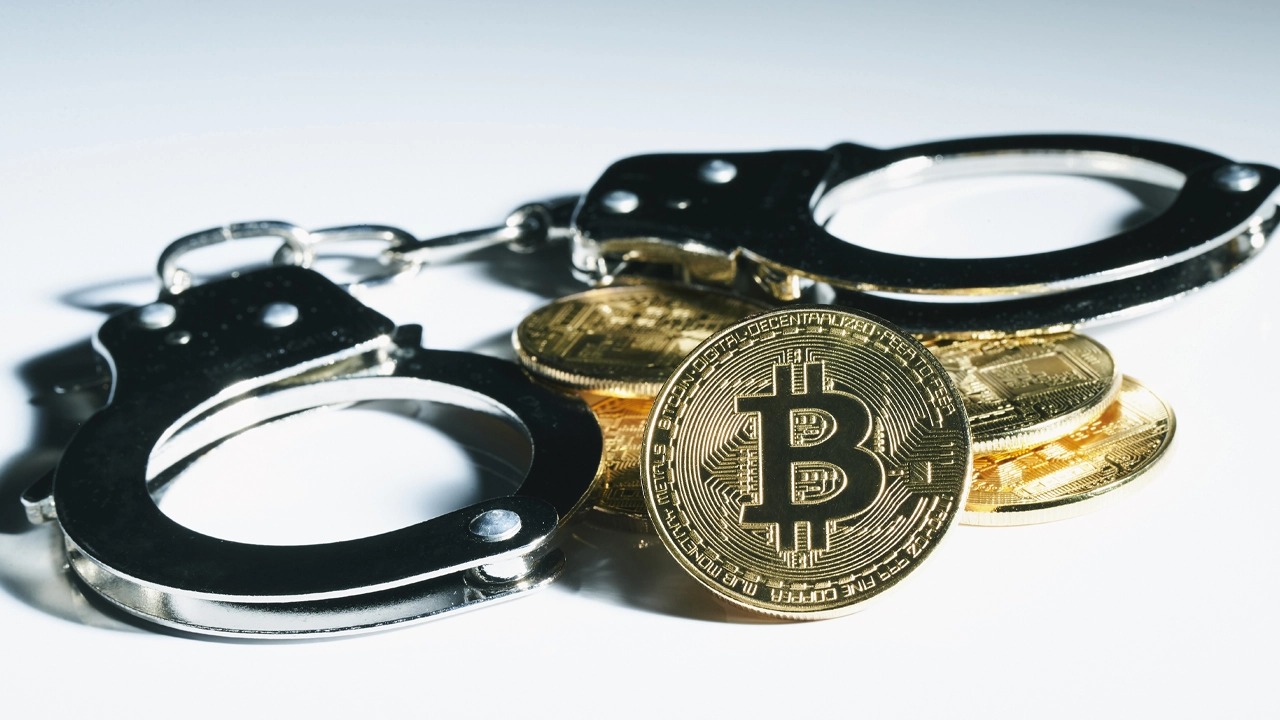
After three major seizures in the last two years, the U.S. government now has a substantial bitcoin stash. In November 2020, the DOJ detailed seized 69,370.22 BTC, which was valued at over $1 billion. The stash seized from ‘Individual X” is now worth $1.36 Billion.
On February 1, 2022, onchain researchers noticed 94 636 Bitcoin consolidate in a single address. Two individuals, Heather Morgan and Ilya Lichtenstein were arrested for stealing the coins from Bitfinex’s 2016 hack. Today, the $1.86 billion worth of more than 94K Bitcoin that Morgan and Lichtenstein seized is theirs.
The third largest stash that the U.S. government confiscated from Silk Road thief since the Individual X forfeiture is the most recent. According to current BTC exchange rate, the Silk Road bitcoins seized are worth $997million. These three caches total 214,682 Bitcoin. This is 1.02% of 21 million bitcoin supply. The U.S. government has more bitcoin than Microstrategy’s 130,000 BTC stash or Block.one’s 140,000 BTC cache.
Grayscale’s Bitcoin Trust, which currently holds 643,572 Bitcoin tokens, is the only known holder of bitcoin ( BitcoinTC). The U.S. government is yet to decide when it will auction its large cache of Bitcoin, which it has not held in a while. In June 2021, the U.S. government used the General Services Administration (GSA) to hold a auction worth $377K of BTC as well as LTC. There were also a few BTC auctions sponsored by the government prior to 2021.
The U.S. government has had many opportunities to sell some bitcoins at a fraction of their current value ($4.22B). The first major bitcoin stash found in November 2020 could easily have been sold for $50K-60K per Bitcoin. Additionally, Bitfinex coins seized could have been sold for $30K-40K per Bitcoin. The U.S. government has historically sold seized BTC at loss in comparison to the value that could have been achieved if they were traded at a higher exchange rate.
The U.S. government is not the only bitcoin holder that has been seized during the 2013 seizure. Some of the forfeited bitcoins were later auctioned in 2014. Investors like Tim Draper purchased some of them.